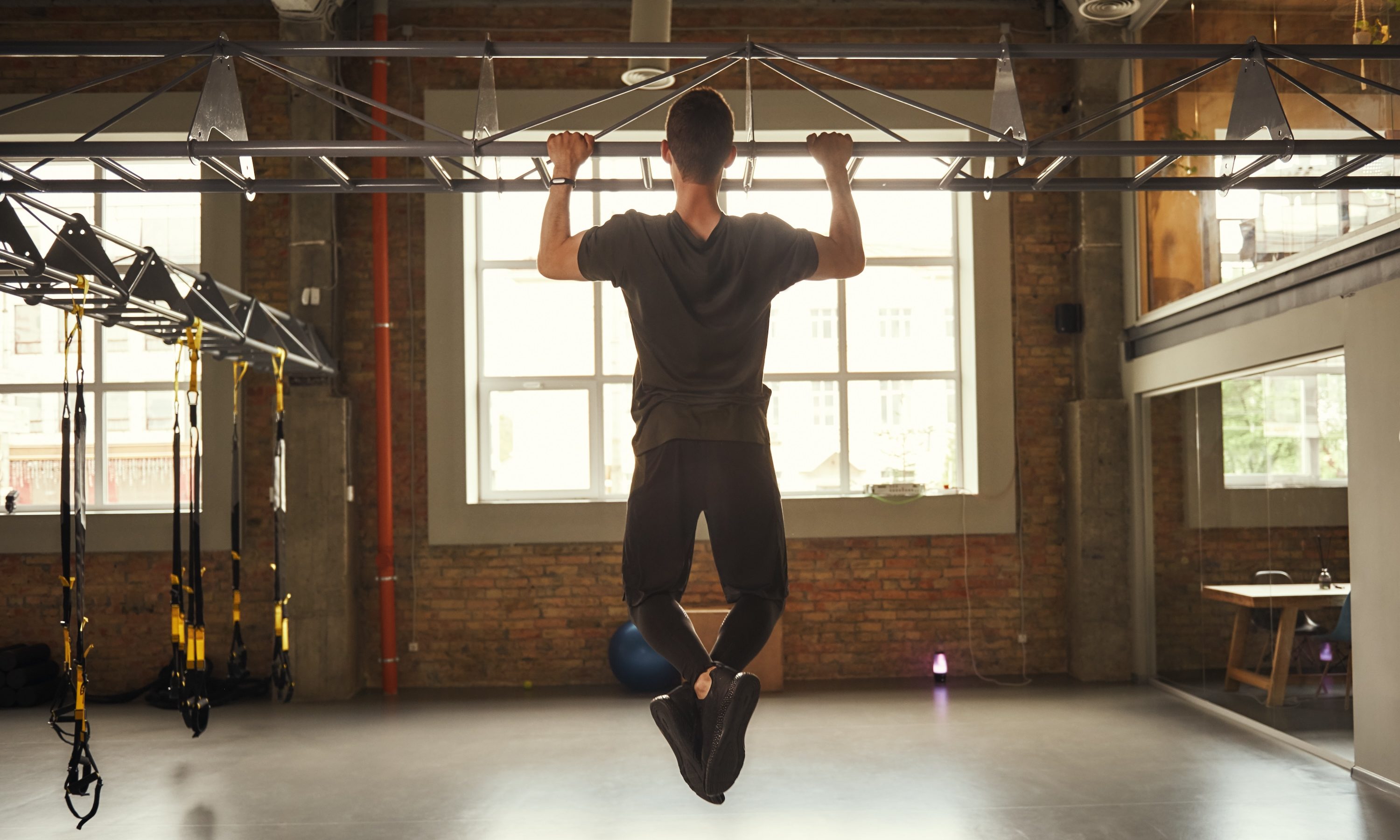
Packing on muscle seems simple – go to the gym, lift, and wait for your muscles to grow stronger and larger. But although lifting itself is a huge component of muscle building, it’s not quite everything. Various other lifestyle factors, such as proper nutrition and getting enough sleep, are key to helping you achieve the body composition you want. Not to mention, overly sore muscles from poor muscle recovery can leave you unable to continue to work and hold you back. Muscle fibers are broken down from workouts, repair themselves, and grow strong during the recovery and rest period. To help support your fitness journey, explore these 5 best supplements for muscle recovery.

Creatine
Creatine is one of the most popular muscle recovery supplements talked about in the fitness industry. While creatine can be made in your body in the liver, kidneys, and pancreas, many athletes also take creatine in supplement form to help support improved muscle recovery. A research study found that creatine can help speed up recovery between intense exercise sessions by mitigating muscle damage. Furthermore, creatine draws water inside your muscles, helping you prevent dehydration and reduce muscle cramping.
The appropriate dose of creatine to take as a muscle recovery supplement varies between athletes. In general, most people begin with a higher dose (usually about 10 to 20 grams daily) followed by a maintenance period of about 2 to 5 grams daily for best results.

Branched-chain amino acids
Taking branched-chain amino acids (BCAAs) may be helpful if you’re trying to learn how to get rid of sore muscles overnight. Several research studies have found that consuming BCAAs before exercise may improve recovery time and help limit the symptoms of delayed-onset muscle soreness (DOMS). Researchers believe that taking BCAAS works by decreasing the protein breakdown that occurs in the muscle during periods of intense exercise and decreasing the levels of creatine kinase, an indicator of muscle damage. If you consistently struggle with overly sore muscles, trying muscle recovery supplements like BCAAs might be worth a shot.

Magnesium
Magnesium is generally thought about in terms of overall wellness, offering many benefits, ranging from bone health to energy production. However, magnesium supplements also serve as excellent supplements for muscle recovery because they target inflammation and reduce post-exercise muscle soreness and fatigue. In a study published in the Journal of Strength and Conditioning, results concluded that magnesium supplementation improved muscle soreness in study participants and positively impacted workout performance. While there are many forms of magnesium supplements, magnesium glycinate is one of the best forms to take for your muscles as it is highly absorbable by the body.

Cow colostrum
Cow colostrum is one of the newest muscle recovery supplements on the market. After the NCAA banned the use of this muscle recovery supplement for its athletes, it sparked quite a bit of controversy in the health and fitness industry. It was banned because cow colostrum may have powerful effects at increasing IGF-1, a hormone that may help give athletes a competitive edge in muscle performance and building. Cow (bovine) colostrum supplements are made from the first milk a mother cow produces after she gives birth and is condensed into a pill or powder form for humans to take.
Although cow colostrum supplements are banned for some athletes, the average gym-goer could benefit from consuming this muscle recovery supplement. Several studies suggest that consuming bovine colostrum can reduce exercise-induced muscle damage and may help mitigate post-exercise inflammation.

Vitamin C
Vitamin C is often considered an immune system supplement, but did you know it also may help support your muscle recovery? If you can’t get enough Vitamin C through consuming healthy foods, taking a supplement is an option. Vitamin C helps support your body’s collagen production and helps to clear lactic acid from your muscles.
The build-up of lactic acid from delayed-onset muscle soreness can often be responsible for sore and tired muscles after an intense workout. One research study found that those who are supplemented with Vitamin C may help reduce pain and speed up post-exercise muscle recovery. There is limited research on the use of Vitamin C as a muscle recovery supplement. However, it’s healthy to consume as part of a regular supplementation routine for general health, too.

Supporting muscle recovery
Experimenting with these best muscle recovery supplements can help you optimize performance and pack on the muscle you’re aiming for. When consuming supplements such as branched-chain amino acids or creatine, it’s important to experiment to find the best dose for your unique needs. Consulting with a nutritionist, coach, or other healthcare professional before starting any new supplements can also help you determine the best supplements for you and the appropriate dose.



